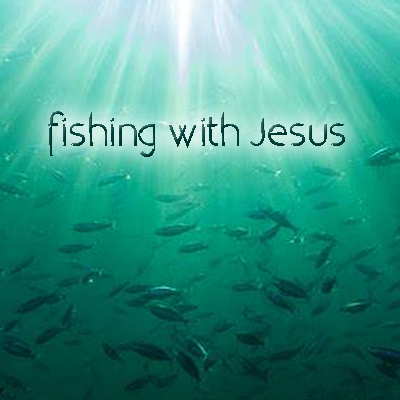THIS MESSY LIFE: ADOLESCENCE - PART 3
TOO COOL FOR SCHOOL
Sunday, October 27, 2019
1 Kings 12:1-17, 25-29; Mark 10:42-45
“If you will be a servant to this people by answering them and speaking good words today,” they replied, “then they will be your servants forever.”
1 Kings 12:7
We know Saul and David and Solomon. We know how God used these kings to establish a great City on a Hill at the center of the known world. We know the greatness of this united kingdom that stretches from Dan to Beersheba. But what of Solomon’s sons? What of this great kingdom they inherited?
Rehoboam went to Shechem where all Israel had come to make him king.
1 Kings 12:1
And so the dynasty of David and Solomon is passed on to the next generation. But Rehoboam did not grow up in the days of tribal chaos or of the endless wars with the Philistines. He did not witness the great cost of the spiritual failures of Saul and David. He only knew the seemingly unlimited power and wealth of his father, Solomon, whom even the Queen of Sheba came to honor. God had clearly blessed his father’s kingdom so it only makes sense to continue doing what his father had done.
Blinded by the glory, power and riches of success, it was easy to ignore the few naysayers who questioned some of Solomon’s political policies. “Your dad may have been a great King,” Jeroboam said, “but he was pretty hard on all of us who live up north. We’ll follow you as we followed him, but you might want to make a few changes.”
Even the elders who had served at Solomon’s side advised Rehoboam to reconsider his treatment of the northern tribes. “Become a servant to these people and speak good words to them today, and they will be your servants forever” (1 Kings 12:7).
But as a young king trying to prove himself in an adolescent kingdom, the word “serve” is not in his vocabulary. “Lead with strength,” his friends declared. “Show them who is in charge here” (1 Kings 12:10-14).
As great as Israel became under David and Solomon, it just as quickly fell into ruins. Not even 150 years had passed before the great nation God had built out of nothing turned to dust. Why? Because Rehoboam could not understand the true definition of greatness.
Jesus called them over and said, “You know that the ones who are considered the rulers by the Gentiles show off their authority over them and their high-ranking officials order them around. But that’s not the way it will be with you. Whoever wants to be great among you will be your servant. Whoever wants to be first among you will be the slave of all, for the Human One didn’t come to be served but rather to serve and to give his life to liberate many people.”
Mark 10:42-45
Our world says “serve or be served,” with the assumption that it is better to “be served.” God’s politics simply says, “Serve.” There is no other way.








